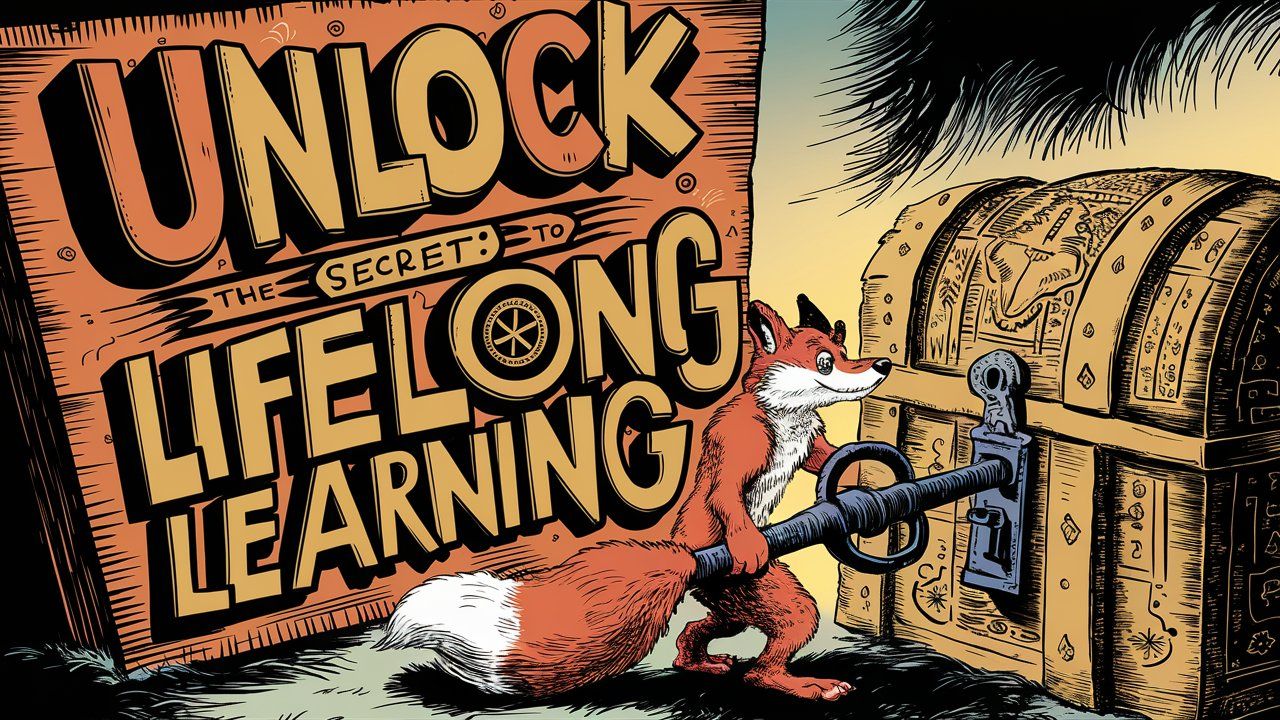 A classroom full of 10-year-old students is asked to solve a problem with children crossing the street on the way to school. The children come up with ideas that have been used successfully in other places: traffic calming devices, overpasses, fluorescent jackets and speed limits. All these ideas are conventional, exactly what the teacher wants to hear.
A classroom full of 10-year-old students is asked to solve a problem with children crossing the street on the way to school. The children come up with ideas that have been used successfully in other places: traffic calming devices, overpasses, fluorescent jackets and speed limits. All these ideas are conventional, exactly what the teacher wants to hear.
Except for one. A student recommends that the school board sell the property and move the classroom online. This is not what the teacher was expecting.
This idea may not be practical, popular, or even possible, but when it’s ridiculed by the class it might be the last independent thought that the student dares to express — the death of another independent thinker.
Independent thought is not popular — it is absolutely rare. Nothing you read about in the papers or see on the television is independent. Whatever we take in from the popular media is regurgitated conventional knowledge. There is nothing independent about most of the world.
This is a tragedy — independent thought is essential for progress. Conventional thinking moves us forward gradually at best (at worst it pushes us backwards). Independent thinking is required to achieve any substantial jump in performance.
Logically, when we think like everyone else is thinking, the best we can expect is to achieve what they’re already achieving. If our aim is to over-achieve, we need to avoid the same banal influences and think impossibly. We need to become independent from conventional wisdom.
Fortunately, you don’t have to be particularly intelligent or well educated to think independently. Consider small children. Conventional wisdom says that shoes are for wearing and bananas are for eating. Independent thinking allows children try eating the shoes and wearing the bananas on their feet. Their lack of conventional wisdom and utter disregard for how others view their decisions allows children to experiment without anxiety. In this case they may be wrong, but in other cases they can be shockingly right.
Using these 5 strategies you can develop your independent thinking ability.
1. Disconnect from sources of conventional thinking
Instead of plugging into your TV, PC, or library for answers, think for yourself first. Without cutting yourself off from the world, you can increase your capacity for independent thought by limiting the conventional opinion you absorb. This means reducing the media you consume and the level of devotion you give to it. Independent thinkers aren’t necessarily contrarian, but they don’t agree with the status quo by default. They devise new criteria for perceiving the world rather than seeing everything through the screen of their computer.
2. Immerse yourself in experiences that conflict with your current perspective

Instead of substituting a new conventional thought for the old one, deliberately seek out experiences that challenge your views. These experiences may exist in foreign cultures, unusual subcultures, or between the pages of a book you disagree with. The point is not to adopt a new train of thought, but to disrupt the conventional railroad.
3. Watch the process from a distance
Leaving your normal life behind can give you the freedom to see issues from another perspective. Watching the world instead of eating it up gives you the peace of mind to think for yourself. Standing still from time to time gives you the opportunity to ridicule your own beliefs and explore new angles.
4. Randomize your sensory inputs
Instead of visiting the same places, eating the same foods, and talking to the same people, you can actively pursue new experiences. Many people cling to the familiar to simplify decisions and create a sense of security. If you truly want to think independently, you need to get outside your comfort zone.
5. Practice disbelief
Without becoming a cynic, you can develop the habit of instinctively distrusting thoughts that rely on conventional wisdom. Instead of assuming that these “truths” are self evident, suspend judgement until you’ve have confirmed that there is reality behind the logic.
If all of this sounds too difficult, consider what can be gained from independent thought. Even microscopic steps towards thinking independently will increase your contribution to the world. You will see opportunities and solutions that others overlook. You will obtain a competitive advantage over less creative thinkers. Most importantly, your thoughts will be your own and not just recycled media.



